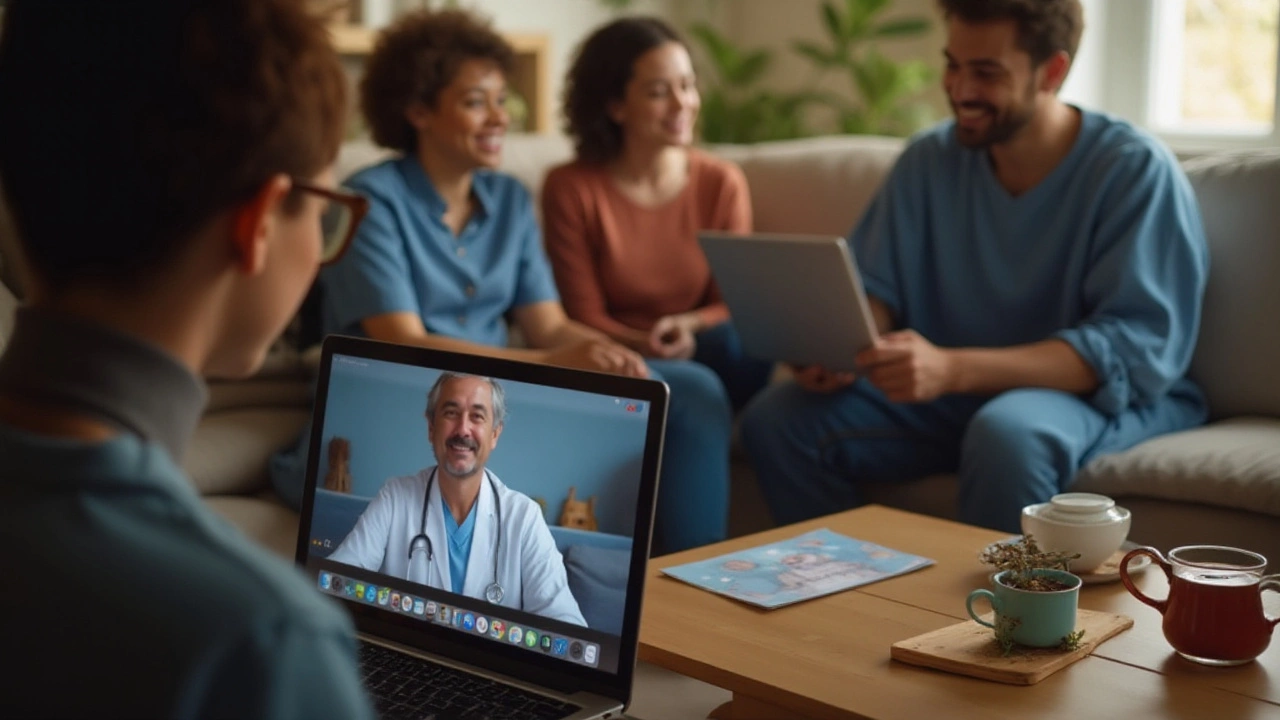Medical Consultation: What You Need to Know in the UK
Need advice about a health problem but not sure where to start? You’re not alone. Whether you’re dealing with a lingering cough, want a skin check‑up, or just wonder how the system works, a medical consultation is the first step to getting help.
In the UK you have two main routes: the public NHS and private providers. Each has its own strengths, costs, and waiting times, and the right choice depends on how urgent your issue is, what you can afford, and whether you prefer a quick appointment or a trusted local GP.
NHS vs Private Consultations
The NHS is free at the point of use for residents. You typically book a slot with your GP (general practitioner) either by phone or online. Your GP will assess your symptoms, order tests if needed, and refer you to specialists. The biggest downside is the waiting list – some referrals can take weeks or months.
Private clinics charge a fee for the appointment, but you usually get to see a doctor within days. Private doctors often have more flexibility in ordering tests and can sometimes fast‑track specialist referrals. The cost varies widely: a basic GP‑style visit might be £50‑£150, while a specialist consultation can run £200‑£500.
For many people a hybrid approach works best. Use the NHS for routine care and chronic conditions, then turn to private services for time‑sensitive issues or second opinions.
Special Situations: Tourists and Diagnosis Referrals
If you’re visiting the UK on a tourist visa, you can still access medical care, but the rules differ. Emergency treatment in an NHS hospital is free, but non‑urgent visits will be billed. Some private clinics offer short‑term health packages for tourists, covering consultations, basic tests, and prescription medication.
Another common question is whether the NHS will accept a diagnosis you received privately. The answer is yes – the NHS can use a private diagnosis as a reference, but they may still want to repeat certain tests to meet their standards. This can affect referral speed, so it helps to bring all your private reports to the GP.
Below are a few recent articles that dive deeper into these topics. They’re a great resource if you want more details or real‑world examples.
- What Does a GP Doctor Do? – Learn the day‑to‑day responsibilities of your local GP and why they’re the cornerstone of UK health care.
- Can Tourists Access Medical Treatment in the UK? – A practical guide covering NHS rules, private options, and cost expectations for visitors.
- Will the NHS Accept Private Medical Diagnosis? – Understand how private test results are handled by the public system.
- Private Healthcare Disadvantages – A balanced look at hidden costs, accessibility issues, and when private care might not be worth it.
- Can't Afford Healthcare in America? What Happens and How to Get Care (2025 Guide) – While US‑focused, it offers useful tips on navigating low‑cost care that can inspire UK readers facing budget constraints.
When you schedule a medical consultation, be ready with a clear list of symptoms, any medications you’re taking, and relevant medical history. If you’re seeing a private doctor, ask whether they can share reports directly with your NHS GP – that saves time and avoids duplicated tests.
Finally, remember that seeking help early can prevent small problems from becoming big ones. Whether you choose NHS or private, the most important thing is to make that first appointment. Your health won’t wait, and neither should you.
Got more questions? Keep browsing our tag page for fresh articles, practical tips, and expert advice on everything from mental health support to navigating the complex world of medical costs.
Identifying Bacterial Infections: Symptoms and Solutions
Determining whether your discomfort is due to a bacterial infection can be a daunting task. It's crucial to recognize the symptoms early on to seek appropriate medical advice. This guide explores common signs of bacterial infections, highlighting when to consult an online doctor. Additionally, it provides insight into preventive measures and offers practical advice for staying healthy.
Read More
